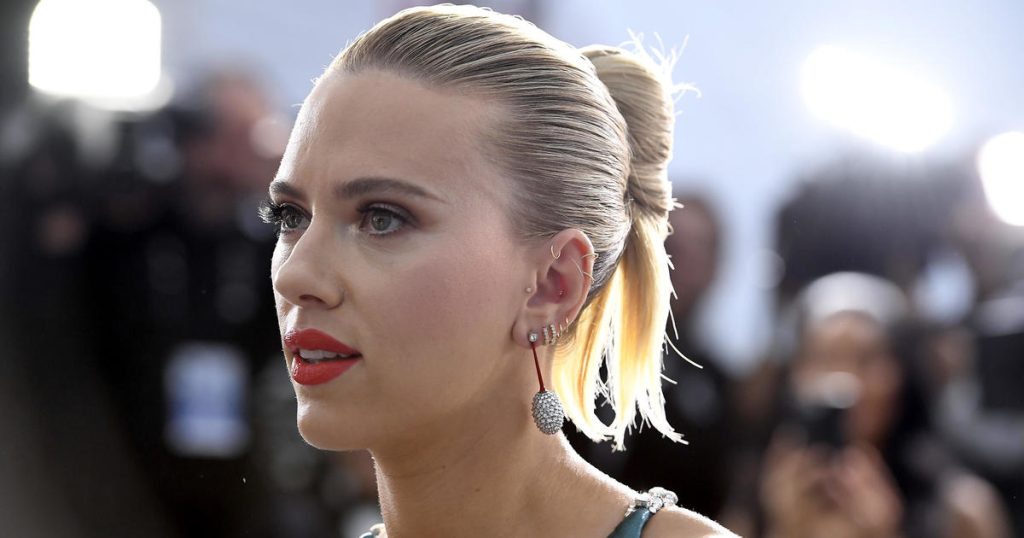OpenAI, the maker of ChatGPT, has announced that it is suspending the use of one of its AI voices, named Sky, due to user concerns about its similarity to Scarlett Johansson’s voice. Sky is a voice mode function that allows users to interact with ChatGPT through speaking, as well as a text-to-speech tool that reads answers in various voice options. OpenAI clarified that Sky is not actually Johansson’s voice but is that of a different professional actress. The company stated that they are pausing the use of Sky to address user questions about voice selection and sampling.
In a blog post, OpenAI explained how it selects the voices for its AI, emphasizing that they believe AI voices should not intentionally mimic a celebrity’s voice. The voices for ChatGPT are chosen through collaboration with casting professionals and voice actors, selecting from a pool of 400 options. The selection process takes into account criteria such as timelessness and ease of listening. Voice actors are compensated as long as their voices are used in ChatGPT products. Despite some users expressing disappointment over the temporary disabling of Sky, OpenAI did not provide a specific reason for the decision or a timeline for when the voice will be available again.
The decision to suspend the use of Sky raises questions about voice sampling and selection in AI applications. OpenAI prioritizes authenticity and uniqueness in their voices, opting not to imitate specific celebrities. By working closely with voice actors and industry professionals, the company aims to create voices that are pleasing to users and suit the AI’s functions. While some users preferred Sky as their preferred voice option, OpenAI’s choice to temporarily deactivate it suggests a commitment to addressing user concerns and ensuring the integrity of their voice selection process.
The controversy surrounding the Sky voice highlights the challenges of navigating the boundaries of voice emulation in AI technology. As AI becomes more integrated into daily interactions, the ethics of voice replication and the importance of voice talent recognition are increasingly relevant. OpenAI’s response to user feedback demonstrates a commitment to transparency and accountability in their AI development process. Moving forward, the company may consider refining their voice selection criteria and communication with users to avoid similar controversies.
The use of AI voices in entertainment and technology raises important considerations about privacy, representation, and ethical implications. OpenAI’s decision to pause the use of Sky underscores the complexity of voice selection and the importance of considering user feedback in AI development. As AI applications continue to evolve, discussions around voice sampling, celebrity emulation, and user preferences will likely become more prominent. OpenAI’s proactive approach to addressing user concerns sets a precedent for responsible AI development in the future.


